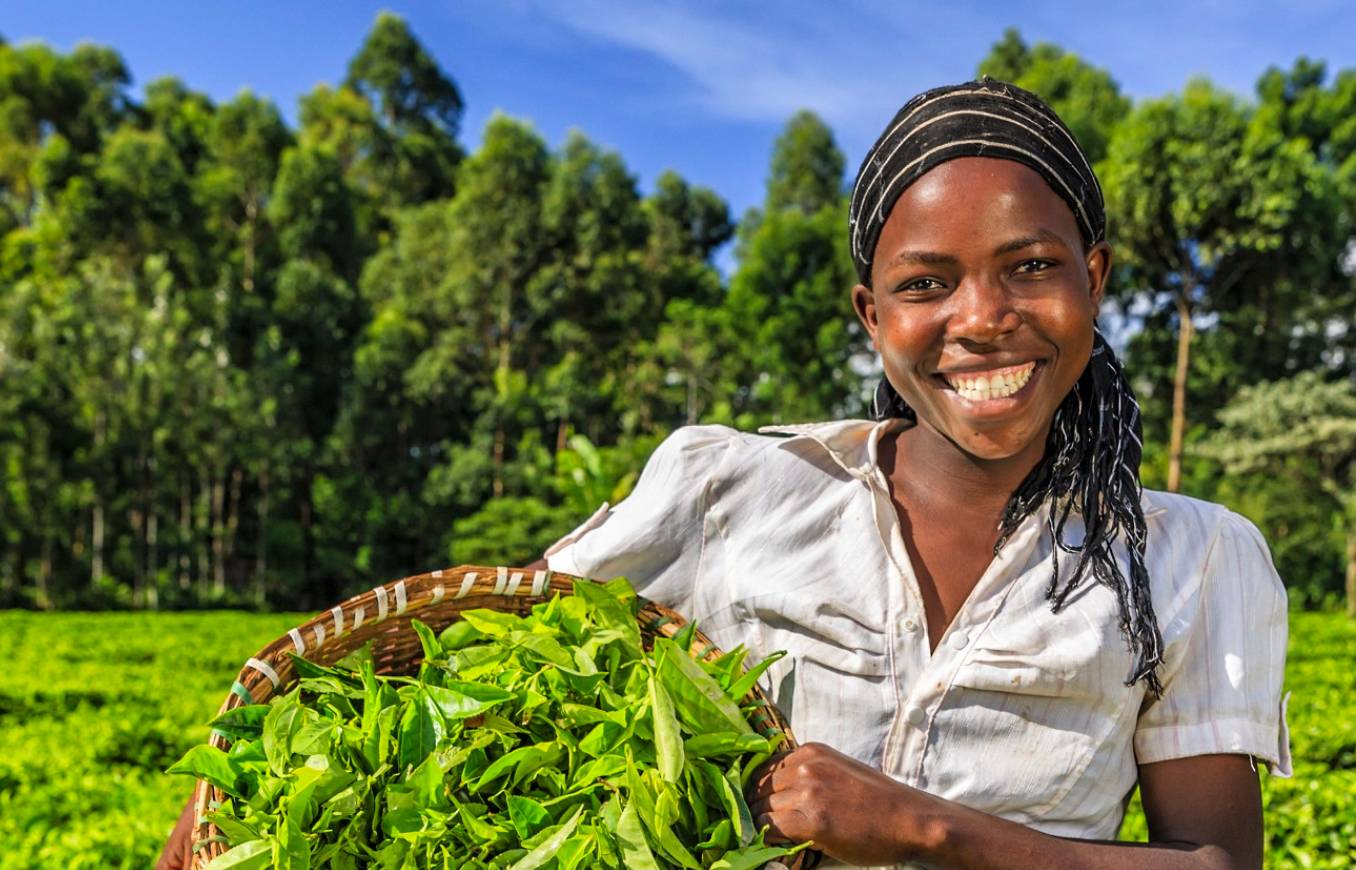The NFWP working through six states is building the social capital of women by encouraging them to become members of Women Affinity Groups (WAGs). The Project is strengthening new and existing groups to serve as institutional platforms for women in Nigeria. By facilitating the creation of an enabling environment and adequate support at the household level, the NFWP will ensure investments focused on women and changes in social norms through Behaviour Change Communication.
Our team is dedicated to supporting economically active women in WAGs through the provision of livelihoods support and holistic, as well as targeted skills trainings to include entrepreneurship skills, market responsive technical skills, and life skills, based on sound analysis of the livelihood sectors and market demands. Working through Livelihood collectives which could be cooperatives, producer organization, (including both farm and non‐farm subsectors), social enterprises, producer-governed and managed private limited companies, and so on, aggregation and creation of scaled‐up livelihood enterprises among members of WAGs will be supported The Project is working to leverage innovations as an enabler for the economic empowerment of beneficiaries and accelerate livelihoods scalability and sustainability. Approaches that incorporate home-grown innovations into the economic activities of women are being identified and deployed. Also, our team has established strategic partnerships and continues to consolidate on opportunities to collaborate with multiple stakeholders for increased support to women. By supporting the advancement of policy dialogue; strengthening technical and implementation capacity; and better coordination among implementing partners at the Federal, State, and LGA levels, the NFWP will support the socioeconomic upliftment of women. Monitoring and Evaluation activities will include regular monitoring of progress and performance of implementation using technology. Component 1: Building Social Capital


Component 2: Livelihoods Program
Component 3: Innovations and Partnerships


Component 4: Project Management, Monitoring, Evaluation and Learning
